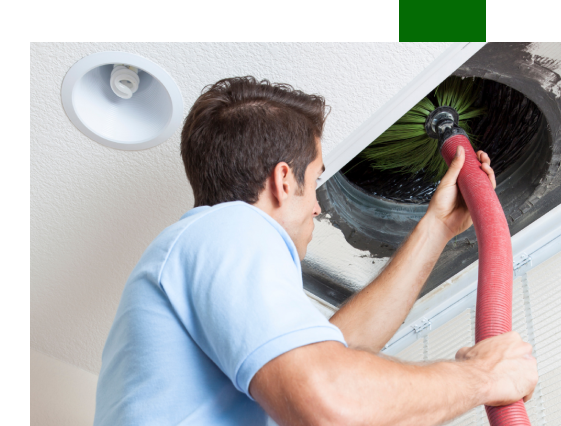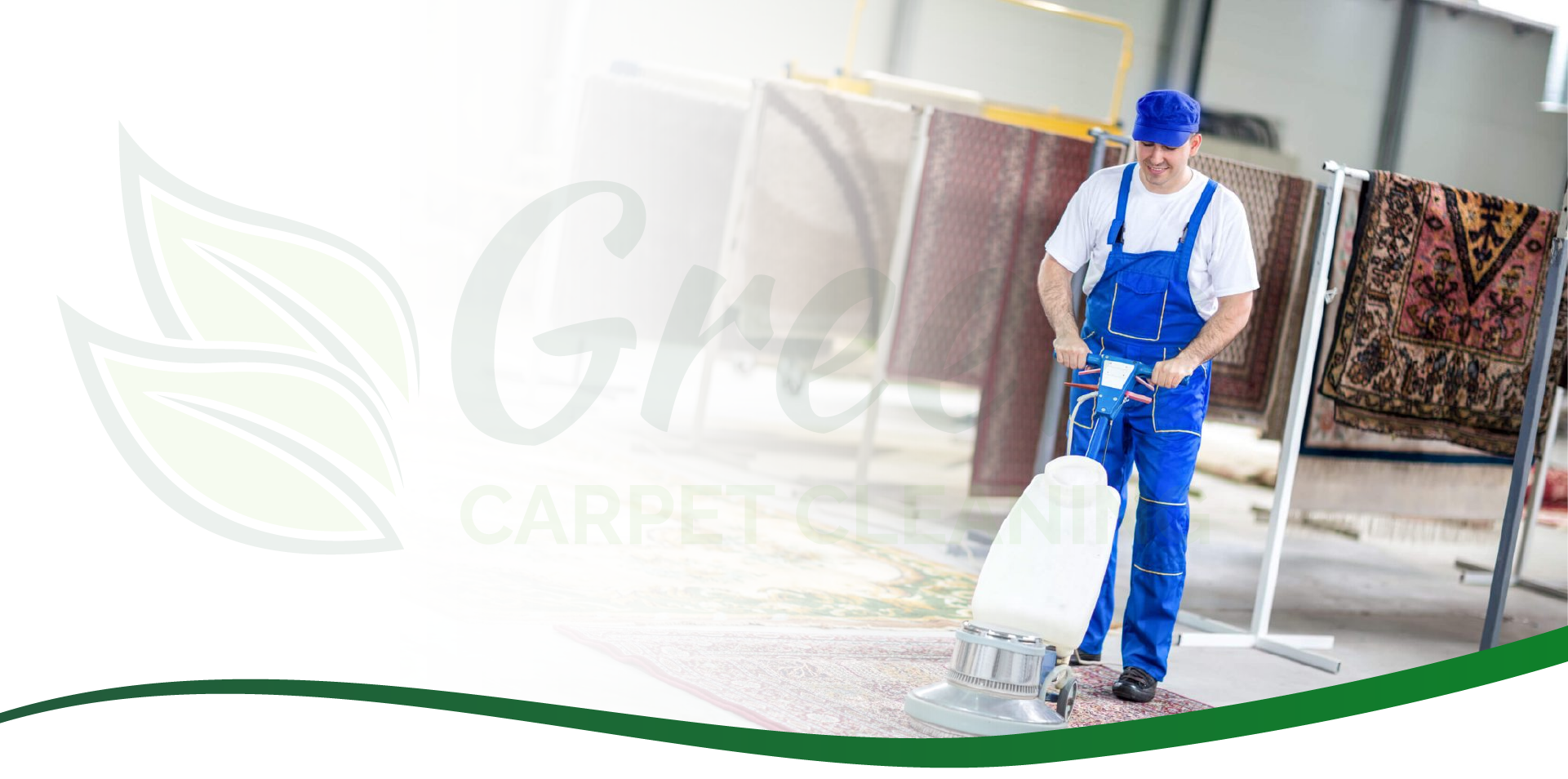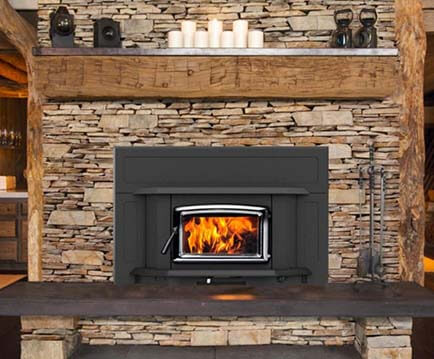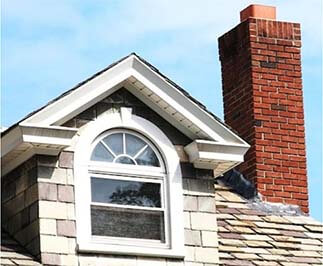Uncover Hidden Hazards: Why Affordable AC Cleaning Matters

Uncover Hidden Hazards: Why Affordable AC Cleaning Matters
When your air conditioner kicks on, it’s meant to provide comfort, not cause discomfort. But without proper care, your AC system could turn into a hidden source of allergens, bacteria, and indoor pollution. The good news? You can reclaim your home’s air quality with affordable AC cleaning. Let’s explore how and why.
Unmasking the Enemy: What’s Really Inside Your Air Conditioner?
An AC unit does more than cool the room. It also recirculates the air you breathe. Over time, that air may carry harmful particles trapped inside the system.
Common Intruders That Accumulate Inside AC Units
- Dust and Debris – These build up in filters and ductwork, clogging airflow and reducing performance.
- Mold and Mildew – Warm, damp environments inside AC systems create the perfect breeding ground.
- Bacteria and Viruses – Poorly maintained systems can harbor pathogens, increasing the risk of infections.
- Allergens – Pollen, pet dander, and other irritants recirculate when filters are dirty or outdated.
How a Dirty AC System Can Harm Your Health
Neglected AC systems contribute to a variety of health issues that may go unnoticed or be mistaken for seasonal allergies or fatigue.
Hidden Health Risks
- Allergy Flare-ups: Sneezing, coughing, itchy eyes, and sinus congestion can all be traced back to airborne allergens.
- Respiratory Conditions: Asthma and other chronic conditions can worsen due to mold spores and bacteria.
- Headaches and Fatigue: Poor air quality affects oxygen intake and can result in constant tiredness or dizziness.
- Skin and Eye Irritation: Dry air from an overworked AC can lead to itchy skin and dry, red eyes.
Warning Signs Your AC Needs Attention
Your AC might be trying to tell you something. Don’t ignore these red flags:
- A musty odor when the AC turns on
- Excessive indoor dust buildup
- Reduced cooling efficiency
- Strange noises or visible mold near vents
- Recurring allergy symptoms indoors
AC Cleaning: Your First Line of Defense
AC cleaning isn’t just a luxury—it’s a necessity for maintaining a safe, healthy home environment. Best of all, it doesn’t have to break the bank.
What Does Professional AC Cleaning Include?
- Filter Replacement: Clean filters trap pollutants more effectively.
- Duct Inspection and Vacuuming: Clears built-up debris and prevents it from circulating.
- Coil and Drain Pan Cleaning: Removes mold, algae, and bacteria that thrive in moist areas.
- Disinfection Treatments: Neutralize germs and allergens in hard-to-reach areas.
Extra Tips to Keep Your System Healthy
- Replace filters every 30–90 days
- Use a HEPA filter if you have allergies
- Keep vents and returns unobstructed
- Run a dehumidifier in humid areas
- Dust and vacuum your home weekly
The Benefits of Affordable AC Cleaning Go Beyond Health
Air conditioning cleaning doesn’t just improve your air—it also saves you time, money, and stress.
Key Advantages
- Improved Energy Efficiency: A clean unit doesn’t work as hard, saving energy.
- Extended AC Lifespan: Preventing build-up reduces strain on components.
- Fewer Repairs: Catching issues early avoids major repair costs.
- Enhanced Cooling Performance: Your AC cools faster and more consistently.
Real-World Applications: Where Affordable AC Cleaning Makes a Difference
From homes to offices, regular AC cleaning is a win for everyone.
Homes Keep your family safe from pollutants, especially if you have pets, children, or allergy sufferers.
Offices Clean air supports productivity and reduces sick days among employees.
Rental Properties Tenants will appreciate clean, efficient systems and landlords will face fewer maintenance calls.
Frequently Asked Questions About Affordable AC Cleaning
What is affordable AC cleaning? Affordable AC cleaning is a budget-friendly service designed to clean and disinfect key parts of your HVAC system, ensuring safety, performance, and health.
How often should I schedule affordable AC cleaning? Once a year is ideal. However, households with pets or allergy sufferers may benefit from twice-a-year cleanings.
Can I perform affordable AC cleaning myself? You can handle surface-level tasks like filter replacement and dusting vents, but professional services offer deep cleaning that reaches components you can’t access on your own.
Does affordable AC cleaning remove mold? Yes. Professional services target mold-prone areas like coils and drain pans, where moisture accumulates.
Is affordable AC cleaning really worth it? Absolutely. It’s a cost-effective way to ensure your AC system operates efficiently and keeps your air healthy.
Invest in the Air You Breathe
If you’ve been putting off an AC check-up, now’s the time to act. Affordable AC cleaning not only protects your family’s health but also saves money in the long run. Clean air leads to better living, and that starts with your AC. Promote clean living with optimized air—starting with your next campaign.






